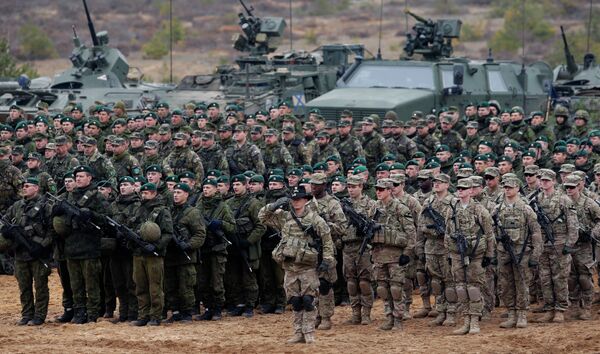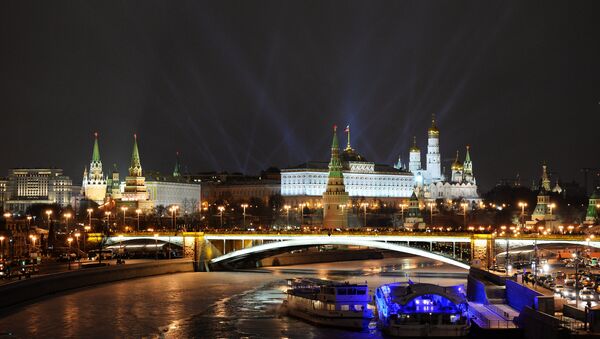The report warns that Russian forces could reach Baltic capitals in less than 60 hours and urges NATO members to spend some $2.7 billion annually to ostensibly prevent this scenario from playing out. Incidentally, last week, the Pentagon announced that it would spend four times more ($3.4 billion) for fiscal year 2017 to reinforce its military presence close to Russia's western borders.

The RAND report's findings "illustrate the folly years ago of treating NATO as a social club and inducting new members which were irrelevant to the continent's security and possessed minimal military capabilities," Bandow, who served as Special Assistant to US President Ronald Reagan, wrote for the National Interest in an article titled "Why on Earth Would Russia Attack the Baltics?"
Needless to say, Moscow, as many Russian and foreign politicians and experts have repeatedly said, poses no threat to its neighbors or any other country in the world. Bandow echoed this sentiment by saying that there were no indications that Russia would launch a "reckless war for no rational purpose against the Baltics."
Vladimir Putin's government, according to the analyst, is "not interested in an ideological crusade and sees no inherent conflict with the West." What Moscow does want is "respect for its status, protection of Russia's borders and consideration of its interests."
Bandow also warned that NATO's current policies could backfire. Moscow could perceive Washington's increased financial and military commitment to its allies as a threat to its security and start investing in its defense capabilities in response.


